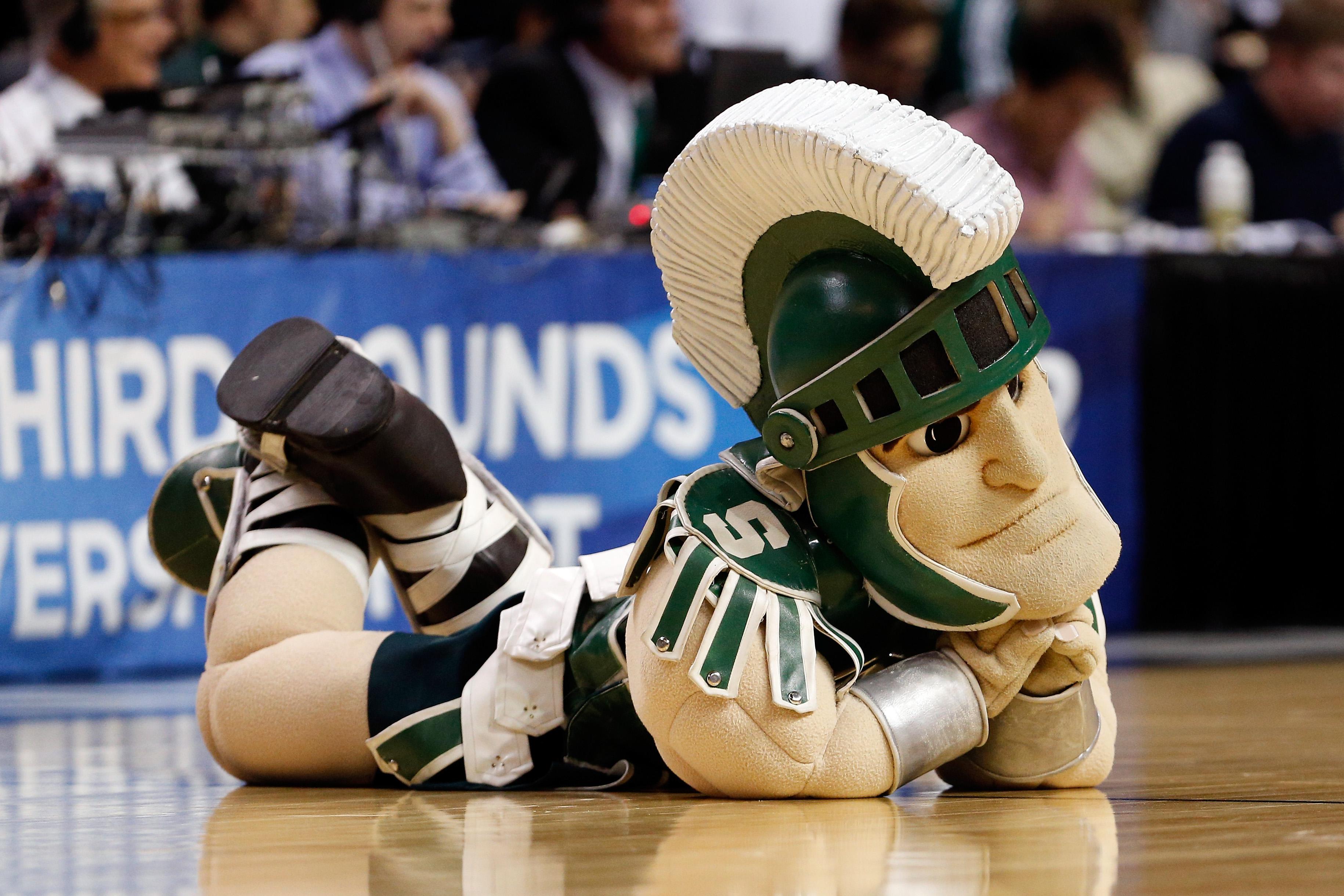Read more from Slate’s coverage of the NCAA tournament. Today is the start of the annual NCAA men’s basketball tournament—one of the most-pernicious but least-scrutinized forms of working for free that exists in the United States of America today. On the rhetorical level, the players don’t get paid because of “amateurism.” But there’s nothing amateur about the sport. The tournament is the subject of a $10.8 billion broadcast rights deal and the major programs get additional broadcast revenue for their regular season and conference tournament play. The advertisers aren’t amateurs, the TV stations aren’t amateurs, the coaches aren’t amateurs, the athletic directors aren’t amateurs. The only amateurs around are the players.
And while I’m happy to defend the practice of contributing an article or two to a publication “for the exposure” or working as an unpaid intern to gain experience, there’s something special about basketball and football.
The NCAA exists as a formal cartel whose members have banded together to drive the wages of their players down to nearly zero. And the NBA exists as a second cartel that agrees not to poach the players until they’ve worked at least one year for free. It’s a dynamic that in any non-sports context would be rightly condemned as illegal. All the different newspapers and magazines in America can’t just band together and establish a formal rule that nobody under 25 can get paid. There’d be an uproar, and rightly so. Adam Smith wrote that “People of the same trade seldom meet together, even for merriment and diversion, but the conversation ends in a conspiracy against the public, or in some contrivance to raise prices.” It turns out that you can also devise some contrivance to lower the price of inputs—in this case of basketball players. But it’s baffling to me that the anti-trust authorities let this carry through.
